Kiss the Flower Honey
Kiss the Flower Honey specializes in pure, raw, and natural honey. They also produce honeycomb, bee pollen, propolis tinctures, CBD infused creamed honey and a CBD tinctures.
They focus on honeys from wild and medicinal plants to offer the most nourishing and sustainable product possible.
In addition to tending their own hives across Sonoma County and selling honey directly from their own sources, they also collaborate with beekeepers across the world. While local honey is incredibly important to our ecoysystem, Kiss the Flower also recognizes that supporting beekeepers far and wide that are using sustainable and natural beekeeping methods is integral to ensuring this keystone pollinator continues its good work across the world as they buzz through an uphill battle in the face of environmental pollution and inexorable pathoegens.
35% of agricultural production is dependent upon pollinators and 80% of that agricultural production is currently dependent upon honeybees. By supporting the efforts of beekeepers worldwide, you are supporting agriculture worldwide to ensure that humans have long-lasting food systems.
Dewitt and the team at Kiss the Flower concentrate on honeys from wild and medicinal plants that are not commercially grown so as to avoid pesticide residue in the honey. For example, they source Chamise honey from a beekeeper in San Luis Obispo because this chaparral plant grows in areas far from commercial agriculture and is therefore much more likely to be clean and free of chemicals from pesticides. Honey produced in other areas of the world often contains medicinal qualities that we simply can’t produce here in Sonoma County, such as New Zealand Manuka honey.
Kiss the Flower’s network of like-minded small-scale beekeepers focus on deriving pure, raw, and natural honey primarily from wild and medicinal plants. Due to the expansive nature of grape growing in Sonoma County, it is simply harder to source as much super clean honey locally due to the ubiquitous use of chemical fertilizers and pesticides. Dewitt is a member of the IBRA (International Bee Research Association) and continues to make connections with like-minded beekeepers worldwide who are working to support and protect this challenged and critical pollinator.
Supporting sustainable small-scale beekeepers worldwide honors the tradition of honey as medicine and allows those beekeepers to better sustain contributing to a more fertile and abundant ecosystem.





